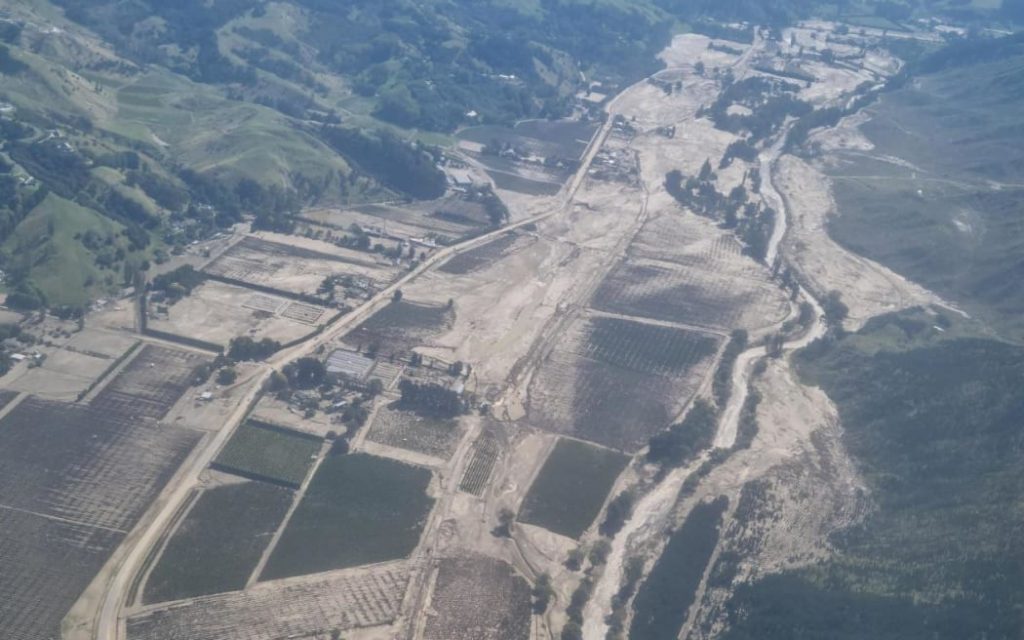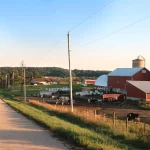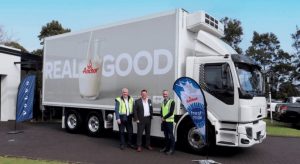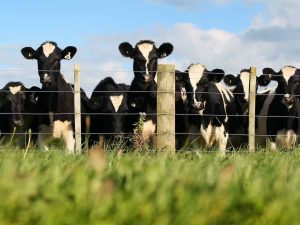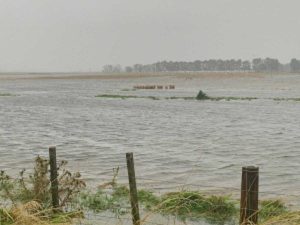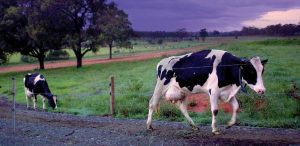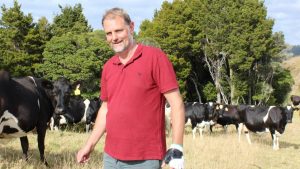
Dairy farmers typically spend the warmer months preparing hay and silage as feed for winter and spring.
Last year about 1.2 million tonnes of maize silage was produced as supplementary feed for livestock, particularly on dairy farms – but entire crops have since been lost to the cyclone.
Federated Farmers’ president Andrew Hoggard said there would be feed challenges in the coming months after crops were flattened or destroyed and the group would co-ordinate donations and supplies when needed.
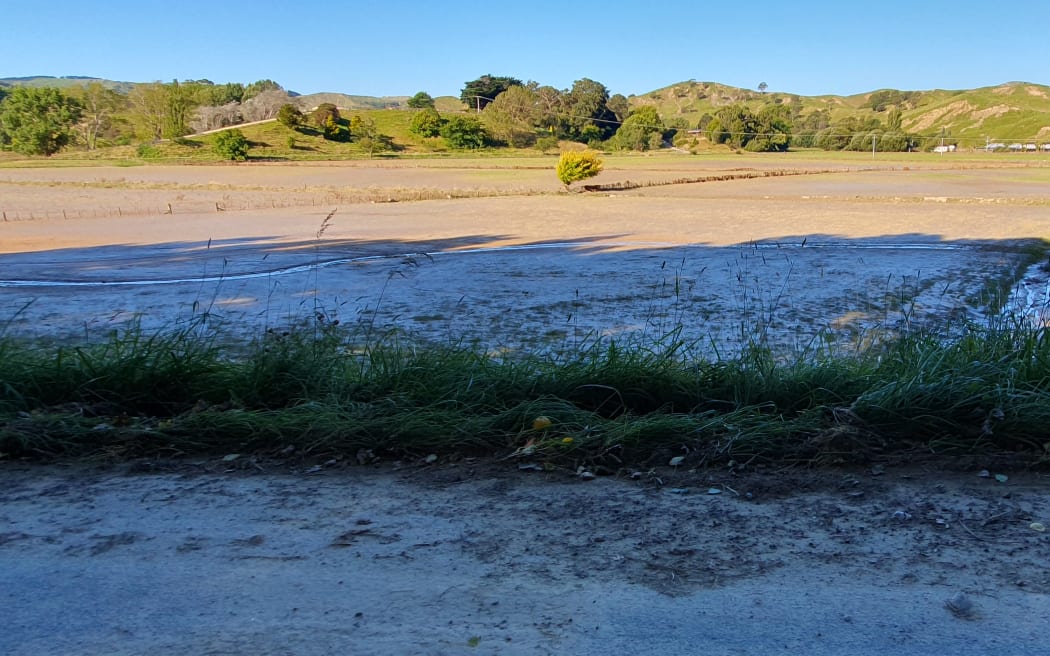
AgFirst consultant Tafi Manjala said with so much crop destruction, especially in Hawke’s Bay, many farmers would now be well behind on their normal feed supplies come winter, and would need to rely on supplementary feed.
“If people don’t have enough supplement on hand, they’re going to have to purchase additional feed from the market, which adds on to farm costs,” Manjala said.
“Crop yields have generally been low, given the wetness that has delayed planting and in some instances damaged planting over the past few months and of course, the recent cyclone that flattened some maize crops in certain areas.”
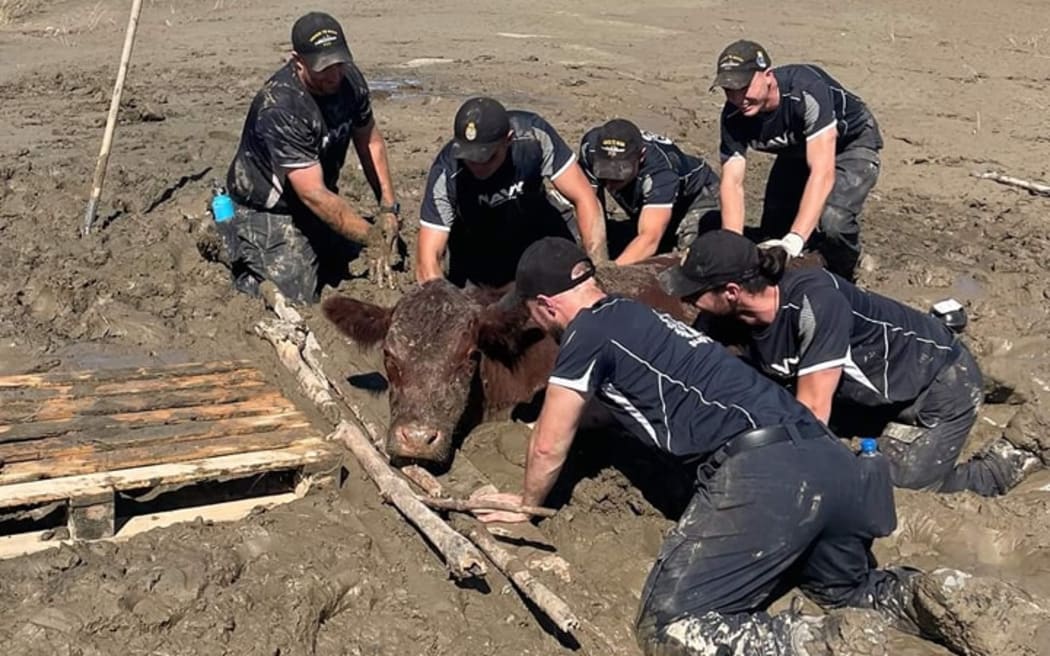
Manjala said Cyclone Gabrielle had hit farmers at a bad time, as they tended to take things a bit easier right about now in order to be well-rested ahead of the busy winter period.
“It will make things really stressful at a really busy time of year,” he said.
“At this time of the year, people expect to be taking a bit of a break and you want to be going into winter refreshed, especially for dairy farmers.
“But some farmers have got a huge cleanup ahead of them and if you’re going into winter after a huge workload like that, it will compound onto that stress.”
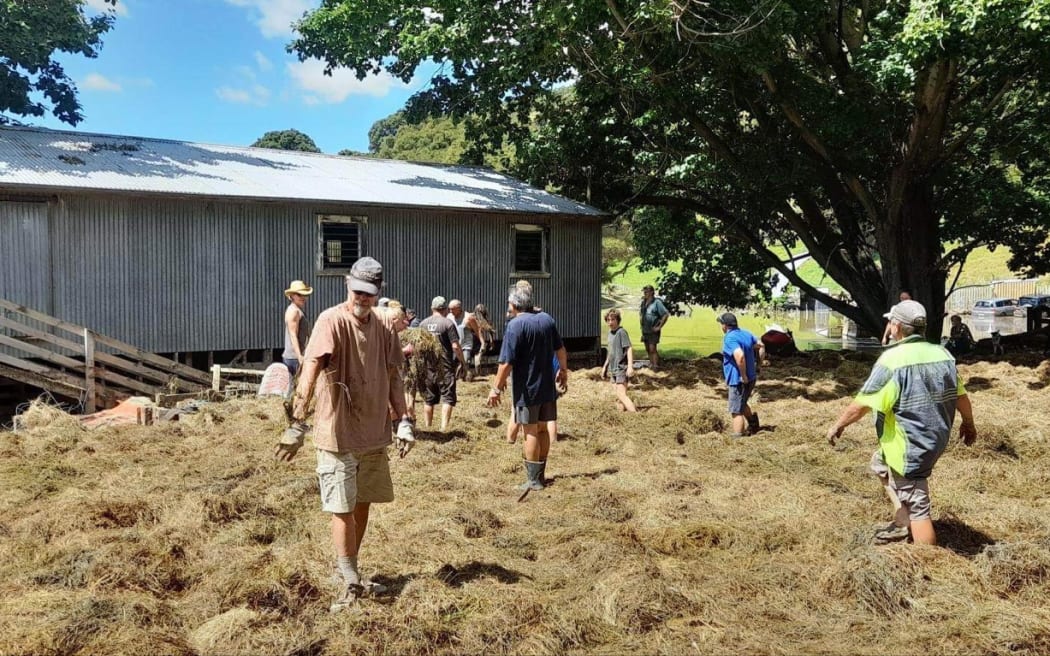
His advice for affected farmers was to sit down, take stock and make a list of priorities.
“There’s a lot of things to be done, but there’s some activities that are more important than others, like making sure that your cows are milked, making sure that you’ve got secure boundary fences so you can secure your stock, making sure that you can feed those animals so that you keep them in production.
“The other important thing was to accept help when it was offered,” he said.
“A lot of us in farming communities feel we can do things and make things happen ourselves, but a huge effort will be required to recover, get as much help as you can.”
Feed service launched
In response to the damage caused to crops, the Ministry for Primary Industries (MPI) and Federated Farmers have activated the national Feed Coordination Service.
MPI farming support director Nick Story said this would assist farmers to source supplementary feed or grazing. The service was being operated by Federated Farmers, with funding from MPI.
Story said it was likely the worst flood-affected paddocks will be unusable for some time, so it anticipated demand for the service would grow in the coming months.
“The unprecedented scale of these events means there is a need for coordinated support at national level to help match farmers with the supplementary feed or grazing they may need for their livestock,” Story said.
Requests to list or seek grazing or feed can be made online or by phoning 0800 FARMING (0800 327 646).
The service is also available to farmers in Otago and Southland experiencing extremely dry conditions.
Alerts from the National Emergency Management Agency for 19 February
-Keep up to date with advice from your local CDEM Group or from civildefence.govt.nz
-Floodwaters may be full of sewage, chemicals and other hazardous materials and should be avoided as much as possible
-Floodwater can carry bacteria that can contaminate food
-Protect yourself when cleaning up flood water and mud by wearing a properly fitted P2- or N95-rated mask, goggles, gloves, long pants, long-sleeved shirt, and gumboots or work shoes
-Throw away all food and drinking water that has come in contact with floodwater
-Do not eat garden produce if the soil has been flooded
-In power outages use torches instead of candles, and only use camp cookers and BBQs outdoors.
-Conserve water where you are advised to
-Check the location of pipes and cables before you dig; see Chorus’ Before You Dig website and beforeudig.co.nz for all utilities
-The best way to assist in the response is through financial donations and NOT through donated goods.
